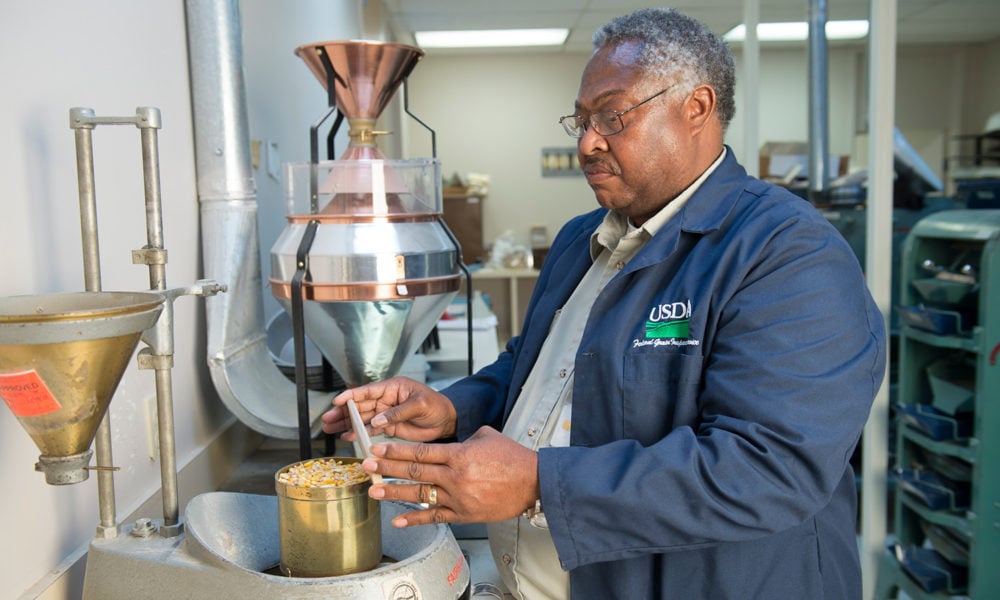Even while the US election and election-related news, advertising, and commentary seem to be everywhere we look, the day-to-day work of our government continues to affect public health, safety, security, and the environment for people everywhere, here and abroad. Hundreds of thousands of civil service professionals in federal, state, tribal, and local agencies are responsible for everything from clean air and water to consumer product safety; from health care services to worker protection; from weather forecasts and conserving marine life to wildfire control and endangered species protection. All federal agencies have one thing in common: their missions are all focused on serving the public interest.
A key part of serving the public, for any administration, is making decisions based on science and evidence. That is the main reason so many scientists work in government agencies. But to do their jobs—to best serve the public—they need more than funding. These scientists and the other professionals who work with them need to be able to bring the fruits of their work to decisionmakers and the public without political manipulation or censorship. They need the processes and rules they work under to support efforts to use the best available science in making public policy.
A large coalition of non-governmental organizations, who work on issues ranging from women’s health to worker safety to environmental conservation , came together today to release Restoring Science, Protecting the Public: Recommendations for Federal Agencies in the Next Presidential Term [Links: single PDF | PDF portfolio | archive of individual PDFs], which provides recommendations for how to restore, improve, and strengthen the role of science in public policy in federal agencies. The eight individual memos in this collection detail solutions to problems UCS and partner organizations have monitored as scientific integrity has eroded in the federal government.
The recommendations focus on building greater public trust in agencies’ decisions, improving the process for science to connect to decision-making, and ensuring agencies have the people and resources to meet their missions. The memos address the following agencies:
- Department of Agriculture
- Department of Health and Human Services (with a focus on public health issues)
- Department of Health and Human Services (with a focus on sexual and reproductive health issues)
- Department of the Interior
- Environmental Protection Agency
- National Oceanic and Atmospheric Administration
- Occupational Safety and Health Administration, Mine Safety and Health Administration, and National Institute for Occupational Safety and Health
- Office of Science and Technology Policy
It isn’t just political leadership that should heed these recommendations. It is concerned citizens everywhere. The groups that authored these memos hope policymakers will use the recommendations as a touchstone for their work in and with agencies, and that constituents will use the recommendations to shape their own views and activism around issues that concern them.

